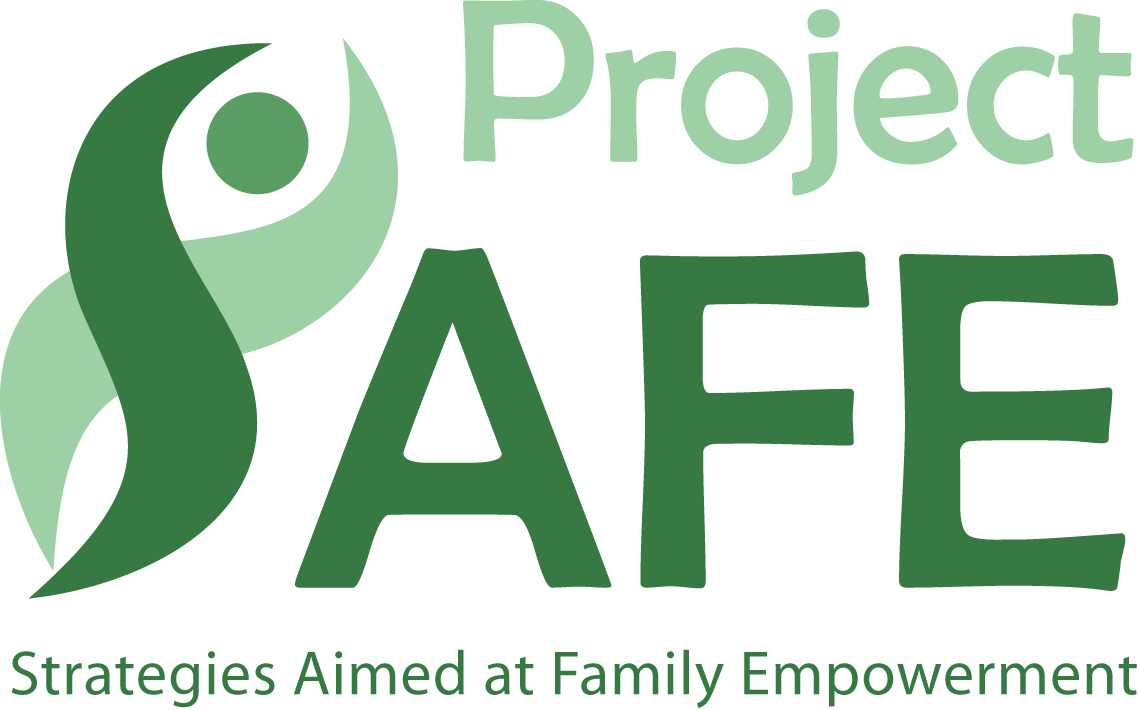Navigating Mental Health and Social Media: Guidance for Parents
Addressing the relationship between mental health and social media is crucial for the well-being of children and adolescents. At Project SAFE, we understand the importance of equipping parents with the knowledge and tools to help manage their children's social media usage effectively. By doing so, we can protect their mental health and foster a healthier, more balanced lifestyle.
The Impact of Social Media on Mental Health
Social media has become an integral part of our lives, especially for younger generations. While it offers numerous benefits, such as staying connected with friends and accessing information, it also poses significant risks to mental health. Research has shown that excessive social media use can lead to:
Increased Anxiety and Depression: Constant exposure to idealized images and lifestyles can create unrealistic expectations and feelings of inadequacy.
Cyberbullying: Online harassment can have severe emotional and psychological effects, leading to anxiety, depression, and even suicidal thoughts.
Sleep Disruption: Late-night social media use can interfere with sleep patterns, impacting overall mental health and well-being.
Addiction: The addictive nature of social media can lead to compulsive use, negatively affecting daily functioning and mental health.
Parents' Role in Managing Social Media Usage
As parents, it is essential to actively manage your children's social media usage to mitigate these risks and promote a healthier online experience. Here are some strategies to help protect their mental health:
Set Clear Boundaries: Establish rules regarding the amount of time your children can spend on social media each day. Encourage them to engage in offline activities such as sports, hobbies, and face-to-face interactions.
Monitor Activity: Keep an eye on your children's social media accounts and be aware of the platforms they use. Regularly check their privacy settings and discuss the importance of online safety.
Promote Open Communication: Foster an environment where your children feel comfortable discussing their online experiences. Encourage them to share any negative encounters or feelings they may have.
Educate on Digital Literacy: Teach your children about the potential pitfalls of social media, including the impact of cyberbullying and the importance of maintaining a positive online presence.
Model Healthy Behavior: Set an example by managing your own social media usage. Demonstrate the value of balancing online activities with real-life interactions and self-care.
Encourage Critical Thinking: Help your children develop critical thinking skills to discern between real and manipulated content. Discuss the difference between reality and the often-curated images and messages they see online.
Seek Professional Support: If you notice significant changes in your child's behavior or mental health, do not hesitate to seek professional help. Therapists at Project SAFE are equipped to provide support and guidance tailored to your family's needs.
The Role of Project SAFE
At Project SAFE, we are dedicated to supporting families in navigating the challenges posed by social media. Our therapeutic approaches, including person-centered therapy, cognitive behavioral therapy (CBT), and psycho-education, are designed to empower children, adolescents, and parents to develop healthy coping strategies and improve overall functioning.
We offer individual, group, and family therapy to address the unique needs of each client. Our therapists have varied skill sets, allowing us to provide the best treatment for every individual. By focusing on problem-solving and coping skills, we help our clients thrive in their social, academic, work, and family environments.
For more information about our services or to schedule an appointment, please contact us at info@projectsafe4u.com. Together, we can make a difference in the lives of our children and promote mental well-being for all.
